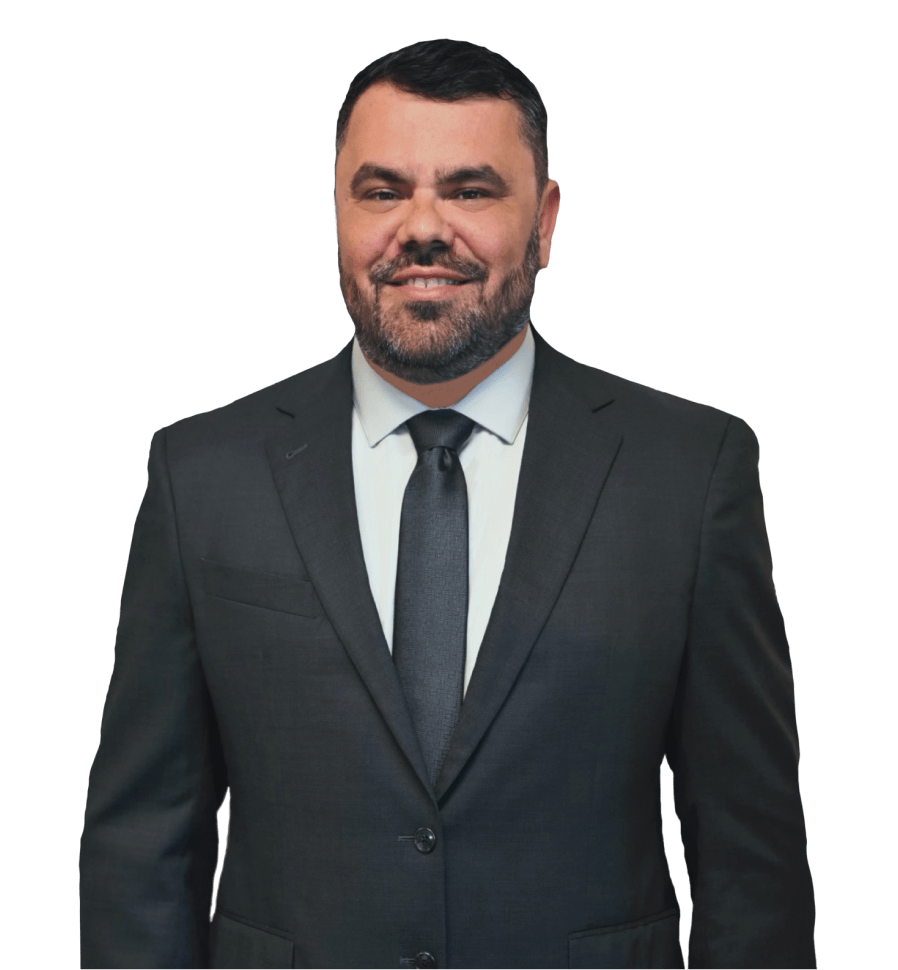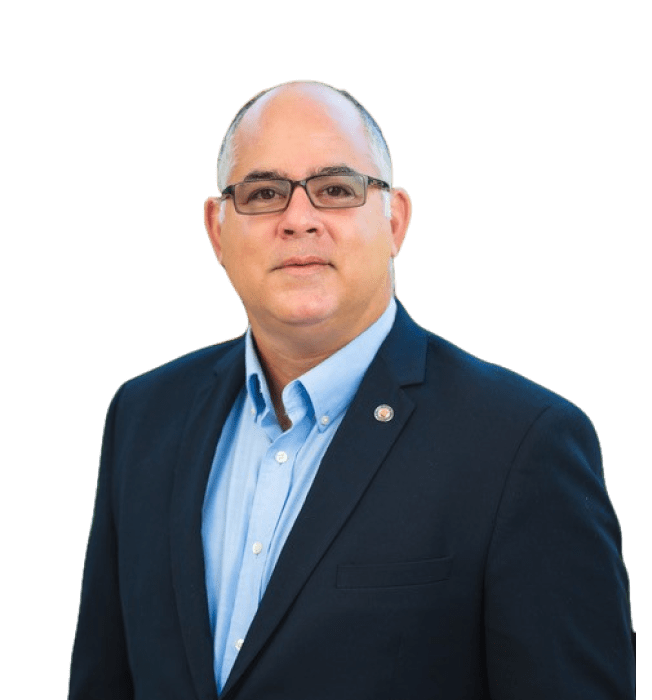Due to the high volume of drug trafficking in the state, the Florida legislature has strengthened enforcement for drug crimes. Drug offenses are serious crimes in Florida, as they are in all other states around the country. The court may create a permanent record even after pleading guilty to a minor drug offense.
State laws and the federal government provide harsh penalties for drug crime offenses. If you are facing a narcotics felony charge, get in touch with a Jacksonville Drug Crimes Attorney right away. At Leon Law Firm, we provide each client with the individualized legal assistance and representation they require.
Our Jacksonville Drug Crime Attorneys have a wide range of expertise in handling these complex criminal defense cases. Call us at (904) 944-4515 or fill up our online form for a initial case evaluation. Decide your next best step with us today!
Jacksonville Drug Crimes Attorney Helping People defend against drug offenses
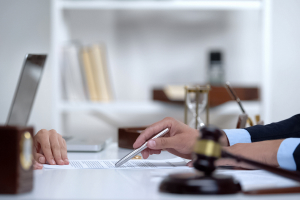
Leon Law Firm draws on our technical expertise in managing hundreds of criminal cases. We have defended clients accused of various drug-related offenses involving several illegal substances. We will aggressively protect your rights at every turn.
Why hire a jacksonville drug crime lawyer?
Jacksonville has a strict legal system for dealing drugs. The city’s special drug court handles all cases involving illicit substances. You could face extensive prison sentences, hefty fines, hurt your career opportunities, and even lose your driver’s license.
An experienced criminal defense attorney is what you need if you face drug accusations in Jacksonville. Our legal team is here at every step, whether advocating on your side or negotiating for a reduced sentence. No case is too little or large. Our attorneys handle every matter without judgment and are here to support you.
Drug Crime Offense Areas we handle in Jacksonville, FL
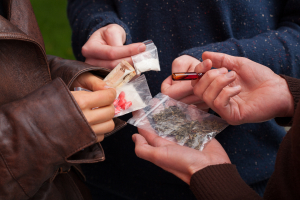
Leon Law Firm has particular expertise in the following areas of drug crime cases:
Possession of Marijuana
Section 893.13(6) of Florida Statutes defines possession of marijuana as having the capacity to manage an illegal substance. Possession may be “actual” or “constructive” possession.
- ACTUAL POSSESSION. Cannabis must be in the defendant’s hand. May it be in a container in their hand or within “ready reach.” (Harris v. State, 954 So. 2d 1260, 1262. Fla. 5th DCA 2007). When marijuana is not in a location where the individual has sole authority, being close to it does not imply control over it.
- CONSTRUCTIVE POSSESSION. This term refers to possessing a controlled substance that is not physically on the defendant. A controlled substance is any drug or chemical that has its possession, use, or manufacture regulated by the government. It should be in a space where the defendant has control or hid.
The prosecution must prove the following to establish such:
- The dominance or control the defendant has over the restricted substance; and
- The defendant’s awareness that the prohibited substance was in their presence. State v. Franks, 199 So. 2d 117, 120 (Fla. 1st DCA 1967)
Sale of Cannabis
Section 893.13 of the Florida Statutes governs Florida’s sale of marijuana (Cannabis) and other controlled substances. Such substances are cocaine, opium, hydrocodone, oxycodone, meth, etc. According to the law, marijuana sales take place when:
- The accused distributed a drug;
- Cannabis was the substance; and
- The individual was aware that the drug was present.
Cultivation of Marijuana
In Florida, Section 893.13(1)(a) mainly governs the production of marijuana. The law forbids making or having the capacity to make a controlled substance. Any individual who violates this statute is guilty of a third-degree felony. Under Florida law, all the following fall under manufacturing:
- Production and preparation;
- Packaging, labeling, or re-labeling;
- Propagation and compounding;
- Cultivation and growth;
- Conversion or processing of a controlled substance;
- Extraction from substances of natural origin;
- Independently utilizing chemical synthesis; and
- Combining extraction and chemical synthesis.
Possession of Drug Paraphernalia
Drug paraphernalia refers to equipment utilized to make, conceal, or use illegal narcotics (Section 893.145). The following are typical examples of drug paraphernalia:
- Needles, hypodermic syringes, and other tools for administering controlled chemicals to people;
- Items and containers used for hiding, transferring, or storing restricted chemicals;
- Instruments for weighing or measuring controlled drugs;
- Rolling papers, tools for cutting, devices for testing, balloons, and baggies;
- Utensils, mixing implements, and blenders intended for compounding prohibited drugs;
- Pipes of metal, wood, acrylic, glass, stone, plastic, or ceramic material. They can be with or without screens and permanent screens. Also, hashish heads or bowls made of perforated metal;
- Water pipes, smoking, and carburetion masks, other air-driven pipes like “roach clips,” bongs, “whip it” nitrous oxide exhausting devices, “crackers,” and vials.
Possession with intent to sell
Florida statutes forbid “selling, manufacturing, or delivering, or possessing with intent to sell, produce, or deliver a controlled substance.” The prosecution must establish the following three factors to prove such a drug charge:
- The person had the material in his possession with the purpose of manufacturing, giving, or selling it;
- The drug met the criteria for a controlled substance under Florida Statutes Section 893.03; and
- The accused was aware of the chemical.
Possession of cocaine
Cocaine is a “Schedule 2” controlled substance according to Florida Law. Anyone discovered to be in “actual” or “constructive” possession of cocaine is guilty of a third-degree felony. In addition, a conviction for cocaine possession results in a two-year license suspension in Florida.
The prosecution must prove the following three factors to prove possession of cocaine at trial:
- Possession of the specific drug by the defendant;
- Cocaine is present in the material; and
- The defendant was aware of the substance’s presence.
Drug Trafficking
A crucial consideration for a trafficking accusation is the weight of the drugs present. It does not matter whether someone was possessing or selling the substance. It is trafficking if the amount is above the trafficking threshold.
Florida’s trafficking thresholds are relatively low. For example, possessing four grams or more of heroin is already trafficking. Listed below are Florida’s threshold trafficking amounts by drug:
- Cannabis (Marijuana): Minimum of 25 pounds or 300 cannabis plants
- Cocaine: Minimum of 28 grams
- Oxycodone: Minimum of 4 grams
- Hydrocodone: Minimum of 4 grams
- Morphine: Minimum of 4 grams
- Opium: Minimum of 4 grams
- Phencyclidine: Minimum of 28 grams
- Methaqualone: Minimum of 200 grams
- Amphetamine: Minimum of 14 grams
- Flunitrazepam: Minimum of 4 grams
- Gamma-hydroxybutyric Acid (GHB, date rape drug): Minimum of 1 kilogram
- Lysergic Acid (LSD): Minimum of 1 gram
These are the bare minimum requirements the State Attorney’s Office must meet to file a trafficking prosecution against you. The possible minimum mandatory prison time rises in proportion to the amount of drugs included in the charge.
Possession of Prescription Drugs
It is legal to own prescription medications with a legit prescription. Possession without that authorization could result in harsh criminal charges.
Possession of a controlled Substance
In Florida, anyone accused of possessing drugs faces drug charges of “possessing controlled substances.” Possession of almost any substance other than cannabis is a crime in Florida. This charge is serious since anyone guilty could face prison time.
Even if the offender does not have the material in their possession, he may still face conviction.
Penalties for Drug crime convictions in Florida
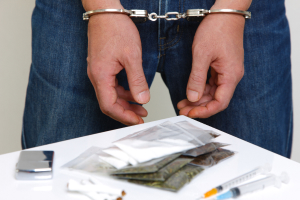
Drug crimes carry out a mandatory felony sentence. Sentences last up to 5 years in prison and go into a lifelong record. State punishments for drug crimes include:
- First-Degree Felony: Penalties of up to $10,000 in fines and up to 30 years in jail.
- Second-Degree Felony: Penalties of up to $10,000 in fines and up to 15 years in jail.
- Third-Degree Felony: a $5,000 fine and a maximum sentence of up to five years in jail.
- First-Degree Misdemeanor: $1,000 in fines and a year in jail.
- Second-Degree Misdemeanor: $500 in fines and a maximum prison sentence of 60 days.
Probation will probably be necessary after a conviction. For a drug offense, probation typically includes:
- Successful completion of the required course of treatment;
- Sobriety checks; and
- Any other conditions the court thinks appropriate.
If found guilty, one’s driver’s license may be suspended for two years or until the end of drug treatment, in addition to the immediate penalty.
Types of Illegal Drug In Florida
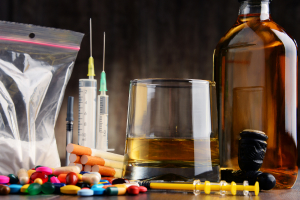
- Schedule I: Substances listed here have a significant potential for misuse. Additionally, the substances listed are currently unrecognized as a medical utility in American treatment. This includes:
- Heroin: Dope, Smack, Brown, Junk, Black, Black Tar, Brown Sugar, Dope Dragon, and Chiva
- 3,4-methylenedioxy-methamphetamine (MDMA): Ecstasy, Molly, Candy, Dance Shoes, Lover’s Speed, Vitamin E
- Schedule II: Substances with a high risk of misuse. Also, these substances are recognized but severely constrained in medical use. The abuse of these substances may result in severe psychological or physical dependence. Here are some:
- Cocaine: Blow, Bump, Coke, Crack, Dust, Snow, and Sniff
- Crack Cocaine: Candy, Rocks, Sleet, Cookies, and Dice
- Fentanyl: Actiq, Dragesic, Sublimaze, Alpha-Methylfentanyl, China Girl, China White, or Apache
- Methamphetamine: Meth, Speed, Crank, Ice, Chalk, and Gak
- Hydrocodone: Vicodin, Norco, and Lortab
- Schedule III: Substances with a lower potential for abuse than Schedules I and II. The law currently recognizes them for medical use in treatment in the United States. Misuse of these substances may result in high psychological and moderate to low physical dependence. Plus, physical harm in the case of anabolic steroids. Examples are:
- Codeine: Sizzurp, Purple Drank, and Syrup
- Ketamine: Jet, Special K, Vitamin K, and K-Hold
- Testosterone (Anabolic Steroids): Winny, Anavar, Clen, Trenbolone (Tren), Gear, Test, Nandrolone, Juice, Roids, and Dianobol (Dbol)
- Schedule IV: These substances have a lower risk of abuse than those in Schedule III. The law also recognizes their medical use in treatment in the United States. Misusing these substances may result in less physical or psychological dependence than Schedule III substances. Here are some examples:
- Alprazolam: Bars, Xanies, Z-Bars, and Xanex
- Tramadol: Ultram and Trammies
- Zolpidem: Ambien, Lunesta, Sonata, Roofinol, Roofie, and Forget-Me-Pill
- Schedule V: Compared to substances in Schedule IV, these substances have a lower potential for abuse. Moreover, the law also recognizes their medical use in treatment in the United States. Misuse of such compound, mixture, or preparation may result in a limited amount of physical or psychological dependence compared to the substances in Schedule IV. These substances include:
- Brivaracetam
- Ezogabine
- Lacosamide
- Pregabalin
- Pyrovalerone
Possible Defenses Against Drug Charges
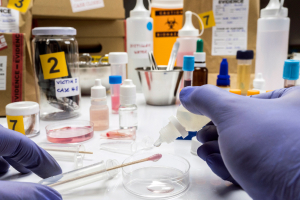
Some defendants contest drug accusations using an affirmative defense. Presenting proof that they acted lawfully is one example. Another would be to declare the prosecution has insufficient evidence.
Listed below are the various defenses for drug possession:
- Unauthorized search and seizure. The United States Constitution’s Fourth Amendment offers citizens protection against the state. Authorities may only inspect a person’s body or property under particular situations. It is possible to seize illicit narcotics discovered in “plain view” as evidence in a drug case. The court will reject evidence from the trial if investigators get it illegally.
- Drugs belong to another person. To be found guilty of drug possession, police do not always need to detect drugs on the person or in his immediate possession. Prosecutors typically only need to prove that the defendant had control or access to the drugs. A defense lawyer may assert during a trial that there is a legitimate question about whether you were aware of the drugs.
- Crime lab analysis. The prosecution must submit the evidence for examination at a crime lab to establish that a substance retrieved is the claimed illegal narcotic. A criminal defense attorney might contest any mistakes or inconsistencies in the crime lab analysis report. If there are any problems, the defense may demand that the crime lab analyst testifies during the trial.
- Issues with the chain of custody. Police typically store narcotics they’ve found after an arrest or after a search warrant has been executed in an evidence room or locker. In court, a defense lawyer may contest whether the medicines used as evidence were from the prisoner (and not from a different case). It’s common to refer to this as a chain of custody attack. Other chains of custody allegations entail the claim that one of the officers handled the drugs during an inquiry in an unlawful manner.
- Entrapment. It is entirely legal for law enforcement to organize sting operations. But, entrapment happens when police or informants persuade a suspect to do a crime they otherwise would not have. Entrapment may be a viable defense when police willingly coerce or scare a suspect into committing a narcotics offense. An attorney specializing in drug crime defense can help you negotiate this tricky legal situation.
- Exception for medical marijuana. Federal drug possession charges are never defendable by the medical use of drugs. However, it may be okay in states allowing medical marijuana. States that enable exemptions want a physician’s recommendation in writing. But, some also permit the offender to assert a defense if they can present enough proof of a medical need.
Contact an Experienced Jacksonville Drug Crimes Lawyer For A Consultation
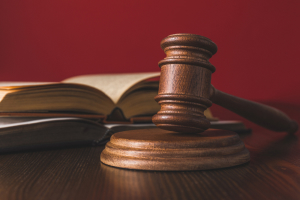
A person convicted of a drug offense may be subject to harsh punishments and expensive fines. They may also experience severe consequences. For this reason, one should get a knowledgeable Jacksonville drug crimes attorney immediately. The attorneys at Leon Law Firm are ready to fight for you with their extensive experience and seasoned representation. You may contact us at (904) 944-4515 for a consultation.







